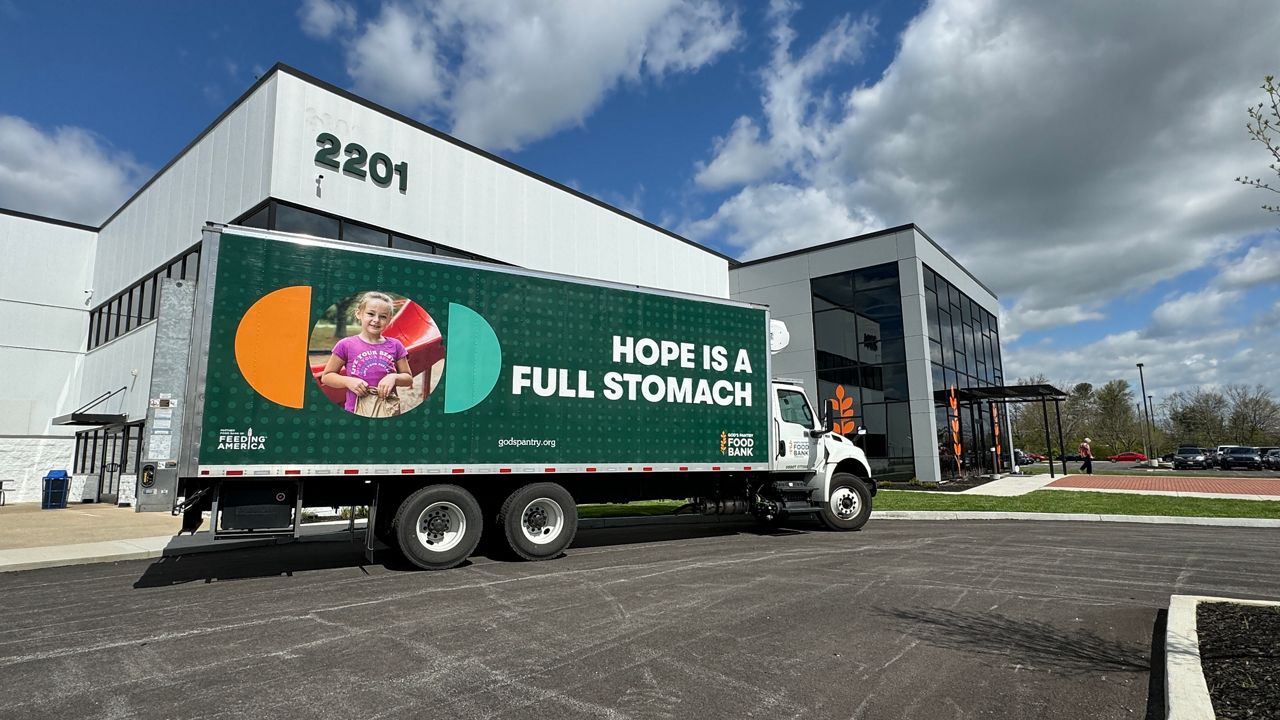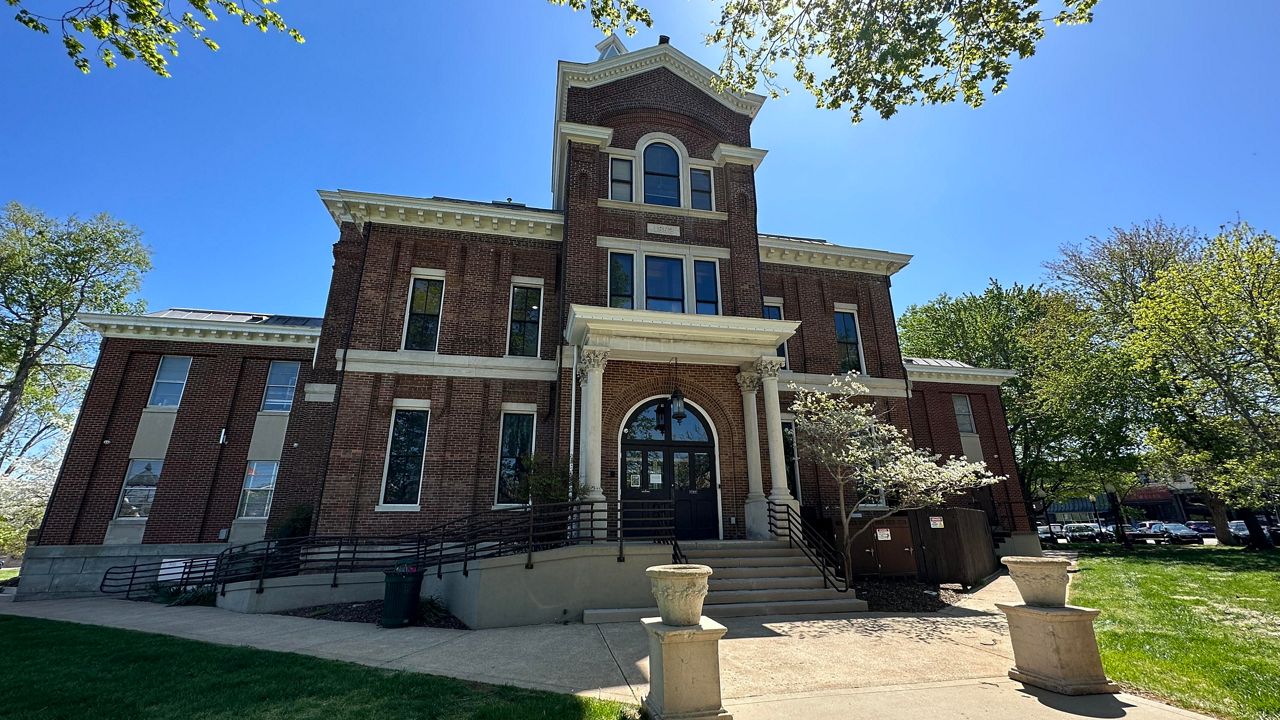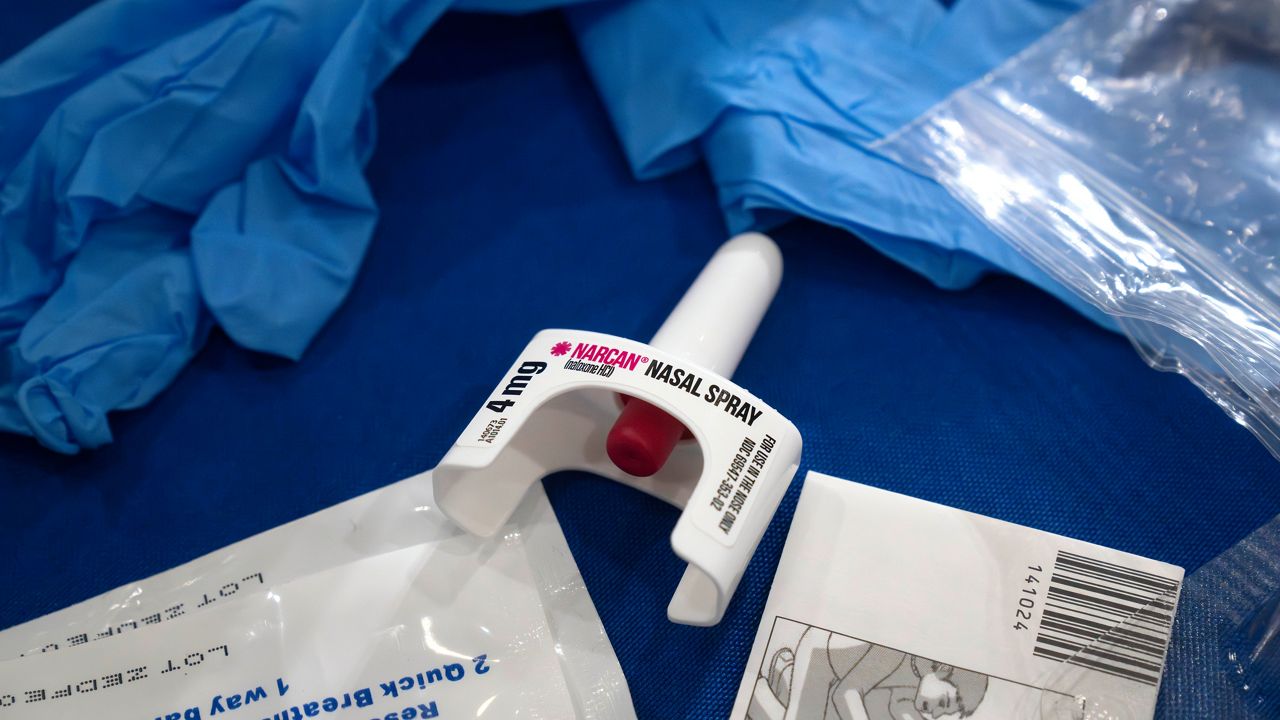STATEWIDE - The farming practice of aquaponics is thousands of years old, but with rising concerns over environmental protection and shrinking green space it might very well be the future as well.
Workers at the Lexington nonprofit Food Chain work to educate others about the benefits of aquaponics, which creates an ecosystem utilizing fish waste to fertilize fresh green produce in a form of urban agriculture.
"Urban agriculture is gaining a lot more popularity with the younger generations because it seems like younger generations are more green-conscious," said Zack Perry, Food Chain's farm manager.
Even though some setups require lights, which cost energy to run, Perry says aquaponics uses 90% less energy than a traditional farm. Growing indoors also means no pests and, therefore, no pesticides. As for those younger generations, Food Chain has inspired over a dozen local schools to add aquaponics to their curriculum. The poster child is Louisville’s Western Middle School; right in the middle of one of the most underserved, undernourished neighborhoods in the state.
"Basically, we got this project because our school is in a food desert, which means there’s little-to-no access to fresh fruits of vegetables," said Rylee, an eighth grader and part of Western's afterschool aquaponics group called "Aquapunx."
The Aquapunx are hoping to draw attention from local leaders about the need to grow up with healthy food, an issue that became dire once a local Kroger packed up and was replaced by a less healthy option. Back at school the kids are getting their message out, even hosting a regular podcast dubbed, what else, "Aquapod."
"Kids are a lot more creative than we are," smiled Meghana Kudrimoti, the head of Food Chain's classroom outreach. "Kids have a really interesting way of seeing the world, and so I think that their interactions with aquaponics are really amazing to watch."
Western is a performing arts school and the kids know how to sell their project. In their first year with the program last year, the Aquapunx took second in the state middle school technology competition, blowing away their teacher.
"They were fabulous speakers and they are passionate about the project," said teacher Catha Hannah. "And that’s what they get graded on is their passion about the project they’re working on."
In a declining industry where the average age of a farmer is 58, these rather green growers might just have the answer.










